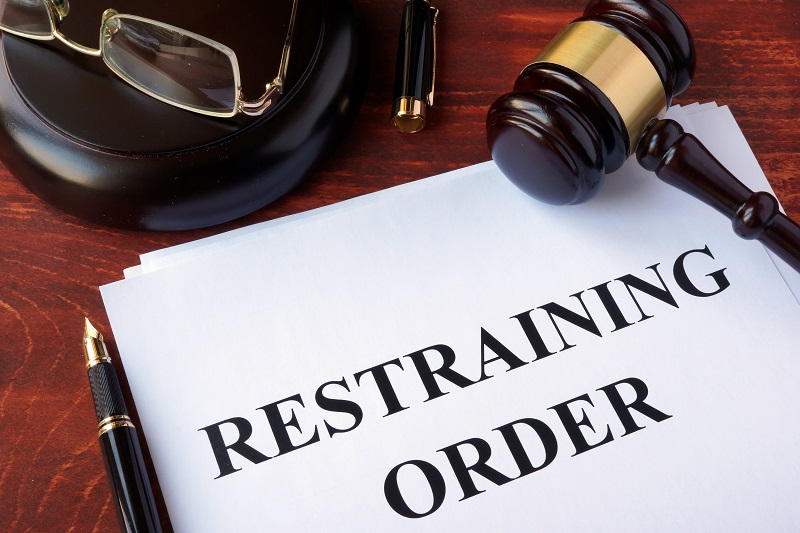Orders for Protection (OFPs) and Harassment Restraining Orders (HROs) are the legal tools available to individuals to protect themselves from the actions of others. OFPs are used to protect individuals who have been physically harmed or are in fear of bodily harm from another person. OFPs are covered under Minnesota Statute § 518B, the Domestic Abuse Act. It covers individuals who have a familial relationship, which is defined as one of the following:
- Spouses and former spouses;
- Parents and children;
- Persons related by blood;
- Persons who are presently residing together or who have resided together in the past;
- Persons who have a child in common regardless of whether they have been married or have lived together at any time;
- A man and woman if the woman is pregnant and the man is alleged to be the father, regardless of whether they have been married or have lived together at any time;
- And persons involved in a significant romantic or sexual relationship.
OFPs and HROs
HROs may be obtained against anyone, regardless of their relationship.
OFPs are often obtained without the assistance of an attorney because there are volunteers who assist in putting together the paperwork needed. Often, when an individual goes to the hearing for an OFP, the parties settle the issue by agreeing to have an OFP against them (or mutually between the parties) in order to avoid having a hearing and testimony being taken. Since the parties are not often represented by counsel, they do not consult with an attorney regarding the effects agreeing to an OFP may have on them. The practice of agreeing to a mutual OFP is generally not the best option for the victim of abuse, however. The OFP may restrict potential employment opportunities; may have negative consequences when trying to obtain housing; and will remain on the individual’s record for other background checks.






